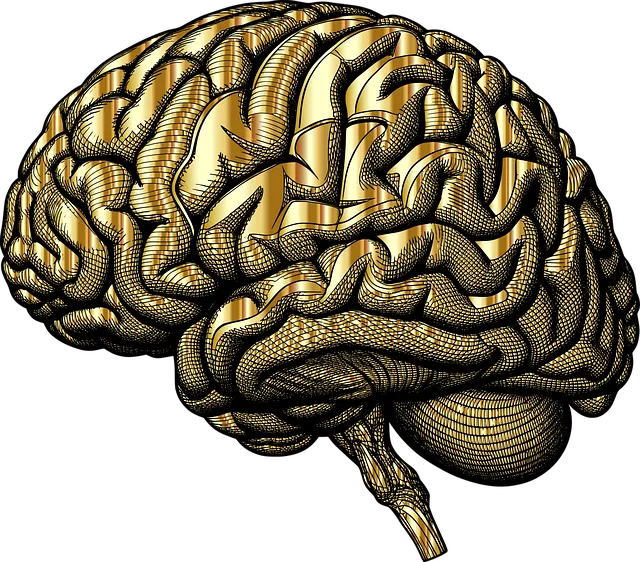Wheat Ridge Kaiser Permanente psychiatry provides 24/7 mental health crisis hotlines staffed by professionals, offering immediate support and guidance for acute emotional distress. They integrate resources like resilience workshops to reduce stigma and provide affordable, accessible coping strategies tailored to individual needs. The department specializes in holistic well-being, utilizing evidence-based practices and a team of experienced psychiatrists to offer comprehensive treatment options for various mental health conditions. Recognizing crisis signs like persistent sadness or impulsive behaviors is crucial; hotlines empower individuals to reach out without stigma, ensuring tailored stress reduction and depression prevention strategies based on personal preferences and needs.
In today’s fast-paced world, mental health crisis hotline support services are a vital resource for those grappling with emotional distress. Understanding these hotlines—like Wheat Ridge Kaiser Permanente’s psychiatry department—is crucial. This article delves into their significance, exploring how trained professionals provide immediate assistance and guiding you through accessing these lifesaving resources effectively. From recognizing warning signs to leveraging local hubs like Wheat Ridge Kaiser Permanente, gain insights into crisis management.
- Understanding Mental Health Crisis Hotlines: A Vital Resource
- Wheat Ridge Kaiser Permanente Psychiatry: Your Local Support Hub
- How to Recognize When You or Someone Else Needs Immediate Help
- The Role of Trained Professionals in Crisis Hotline Services
- Accessing and Utilizing Crisis Hotline Resources Effectively
Understanding Mental Health Crisis Hotlines: A Vital Resource

Mental Health Crisis Hotlines serve as a crucial resource for individuals facing acute emotional distress or mental health crises. These 24/7 services, often staffed by trained professionals, provide immediate support and guidance to those in need. They offer a safe space to express feelings, receive validation, and explore coping strategies, playing a pivotal role in crisis intervention and prevention.
Wheat Ridge Kaiser Permanente psychiatry, among other healthcare organizations, has recognized the value of these hotlines in fostering resilience building and stress management workshops. By offering such services, they contribute to mental illness stigma reduction efforts, ensuring that people experiencing crises have access to affordable, accessible support tailored to their unique needs.
Wheat Ridge Kaiser Permanente Psychiatry: Your Local Support Hub

Wheat Ridge Kaiser Permanente Psychiatry offers a dedicated support hub for those navigating mental health challenges. This facility is equipped with a team of skilled professionals who prioritize emotional well-being promotion techniques, ensuring individuals receive comprehensive care tailored to their unique needs. Beyond therapy sessions, they foster empathy building strategies and conflict resolution techniques, creating a safe space where clients feel understood and empowered.
The team at Wheat Ridge Kaiser Permanente recognizes the importance of accessible support systems in crisis situations. They strive to provide immediate assistance while also offering long-term solutions, enabling individuals to manage stress, anxiety, or depression effectively. By combining evidence-based practices with a human-centric approach, they aim to make a lasting impact on the emotional resilience of their community.
How to Recognize When You or Someone Else Needs Immediate Help

Recognizing when immediate help is needed is a crucial step in addressing mental health crises. While each person’s experience is unique, there are common signs to look out for. Persistent feelings of sadness, hopelessness, or intense anxiety that interfere with daily life are indicative of potential issues. Additionally, sudden changes in sleep patterns, appetite, or energy levels can be red flags, as can impulsive behaviors or thoughts of self-harm. If you notice these symptoms in yourself or someone else, it’s essential to take action promptly.
Seeking support from services like Wheat Ridge Kaiser Permanente psychiatry is a proactive step towards well-being. They offer specialized resources for crisis intervention and can provide guidance on effective coping strategies. Public Awareness Campaigns Development initiatives play a vital role in educating individuals about mental health, fostering self-awareness exercises, and encouraging confidence boosting activities that promote resilience during challenging times.
The Role of Trained Professionals in Crisis Hotline Services

Accessing and Utilizing Crisis Hotline Resources Effectively

Accessing crisis hotline resources effectively can be a life-saving skill. For those facing mental health challenges, such as depression or stress, reaching out to services like Wheat Ridge Kaiser Permanente psychiatry can provide much-needed Crisis Intervention Guidance. The first step is understanding that these hotlines are accessible 24/7 and offer confidential support. Individuals should feel empowered to dial the number without stigma, knowing professional help is readily available.
Utilizing these resources involves clear communication of one’s situation. Whether it’s a personal crisis or feelings of overwhelming stress, describing the issue accurately helps connect individuals with the right kind of assistance. Moreover, specifying preferences for support, such as cultural sensitivity or specific therapeutic approaches, ensures that the hotline can provide tailored Stress Reduction Methods and Depression Prevention strategies to best meet individual needs.
Mental health crisis hotline support services, such as those offered by Wheat Ridge Kaiser Permanente psychiatry, are invaluable resources for individuals in need. By understanding when to seek immediate help and accessing these services effectively, we can navigate through crises and foster better mental well-being. Trained professionals play a crucial role in providing vital support, ensuring that every call is answered with compassion and expertise. Remember, recognizing the signs and knowing where to turn can make all the difference.






